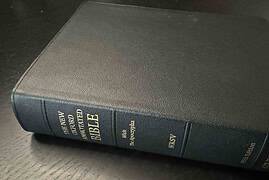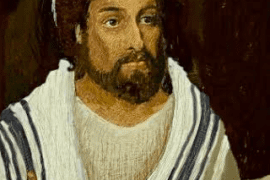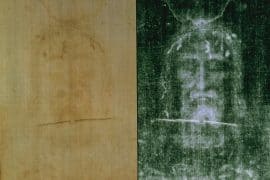One of the enduring questions historians of early Christianity struggle with is the issue of when we can properly speak of the “new religion” of Christianity, as contrasted with a variety of forms of Judaism in the decades following the death of Jesus the Jew. The title of Paula Fredriksen’s book, When Christians Were Jews brilliantly sums up the question in four words! Most of us know that what I often call the John the Baptizer/Jesus/James brother of Jesus movement begins as a thoroughly Jewish movement within late 2nd Temple Judaism–with all its variety in the homeland and the Diaspora. So when the the change come–so that one might begin to think of the subsequent followers of Jesus as having left their “Judaism” behind.
This question is of course related to another complex conundrum–Who is a Jew?–that was as complex in definition in the ancient world as it is today.
It has become quite fashionable in New Testament studies today to hold that Paul, in proclaiming “his gospel” to the Gentile world, which he claims he received directly through a revelation of Jesus Christ, does not represent any kind of departure from the diverse forms of “Judaisms” in the late 2nd Temple period.
I am convinced otherwise. I know it is quite out of fashion, but I am convinced that Paul’s message, at its core, represented a “new religion” that can properly be called “Christianity,” every bit as distinct in faith and practice from Judaism/s as the Ramban was from Pablo Christiani in their Barcelona debate before King James I of Aragon in 1263, often referred to after Hyam Maccoby’s play and book, and resulting film, The Disputation. Accordingly, Paul can properly be called the “founder” of the Christian faith as it emerged in the second century CE. This is not a “new” view of course, but one that has been around since the dawn of scientific studies of the New Testament in the early 19th century. However, it has been sharply opposed and refuted by many in my field of Christian Origins.
I present my case in my book, Paul and Jesus, and yes, I do indeed seek to resurrect the position of F. C. Baur regarding the fundamental break between Paul and the Jewish movement we can barely recover represented by the Jerusalem apostles and James the brother of Jesus. In this video I offer some of my emerging thoughts on the topic as I was working on that book:









Comments are closed.